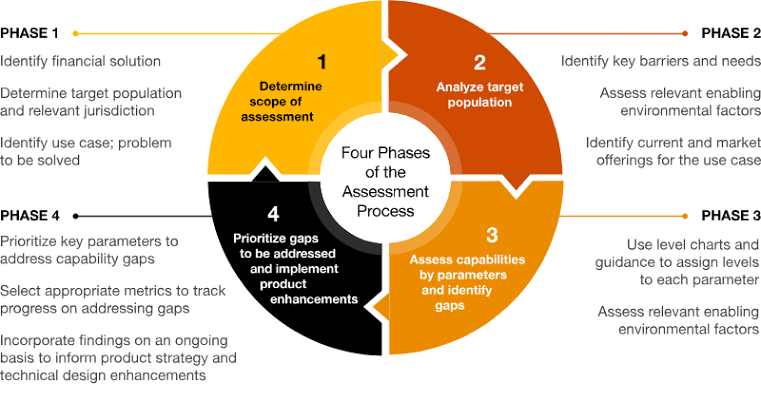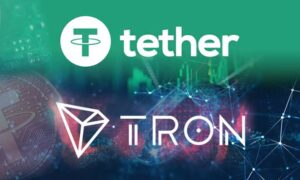
Ask the average person about crypto and blockchain, and they might mention speculative investing, environmental concerns, and scams. This skepticism is understandable since mainstream media often focuses on these negative aspects. But beyond the headlines, blockchain holds tremendous potential to promote financial inclusion globally.
In Episode 40 of The Agenda podcast, hosts Jonathan DeYoung and Ray Salmond spoke with John Wingate, founder and CEO of BankSocial, and Azeem Khan, co-founder and COO of Morph. These two innovators are on a mission to bring the benefits of decentralized technology to the people who need it most.
Integrating DeFi with Credit Unions
John Wingate explained how BankSocial aims to empower people financially by developing user-friendly products for credit unions. The goal is to merge decentralized finance (DeFi) with traditional finance (TradFi), creating the first Web3-focused credit union and expanding these capabilities to credit unions around the world.
Credit unions, which are member-owned banks, naturally align with the principles of ownership and the decentralized economy. Because they are regulated institutions, they can issue securities, allowing their members to access crypto products with fewer regulatory hurdles. Wingate believes that combining traditional and decentralized finance lets people benefit from both worlds.
“BankSocial is about creating a platform that regulated financial institutions can deploy, bridging a regulated TradFi institution with all its connectivity into central banking rails that are needed,” said Wingate.
Developing an L2 for Value-Driven DApps
Azeem Khan talked about Morph, an Ethereum layer 2 for value-driven decentralized applications (DApps). While there are many layer 2 solutions out there, Morph stands out for its focus on “crypto-for-good” initiatives, such as bringing blockchain to emerging markets, experimenting with public funding mechanisms, and advancing decentralized science.
Khan, who is the child of Pakistani immigrants, saw firsthand how difficult it was for his parents to send money back home through traditional channels. This experience underscored the need for infrastructure that supports financial inclusion in developing regions. Blockchain’s transparency and decentralization can significantly reduce cross-border friction and create a more equitable financial system.
Morph is committed to using crypto for good, not just in theory but in practice. Khan emphasized the need for methodical action to address global financial empowerment: “Looking at the ways in which this technology can actually be used to empower people globally is something that’s really important to not only think about, but what are the things that we need to do in a methodical way to actually start to tackle the problem?”
Conclusion
While the media often highlights the negative aspects of blockchain and crypto, innovators like Wingate and Khan are proving that the technology has the potential to drive financial inclusion worldwide. By merging DeFi with traditional finance and developing value-driven DApps, blockchain can empower individuals and communities, paving the way for a more inclusive and equitable financial future.






